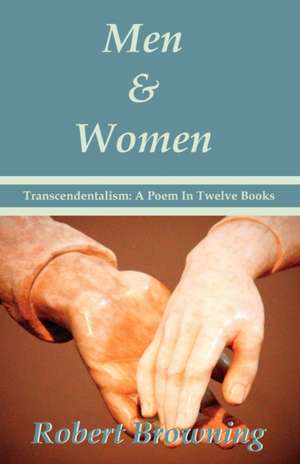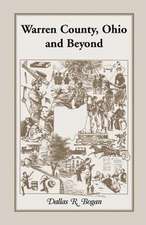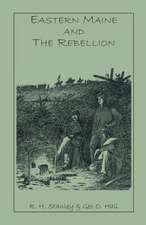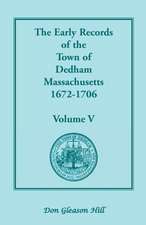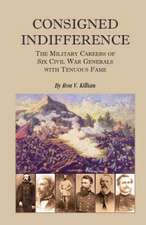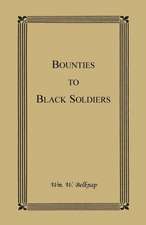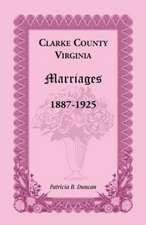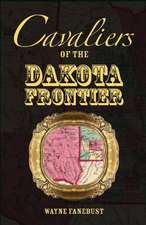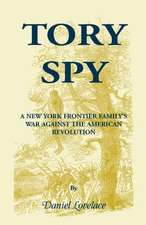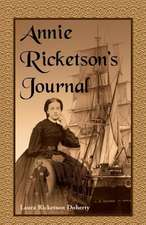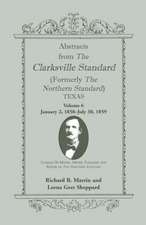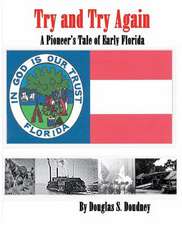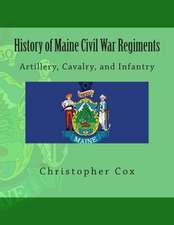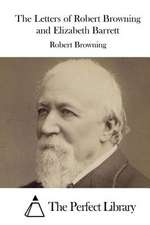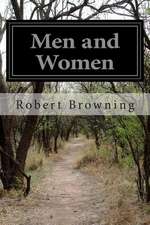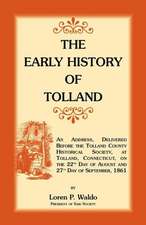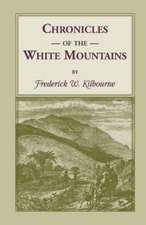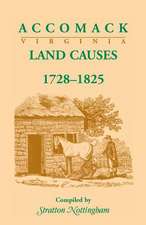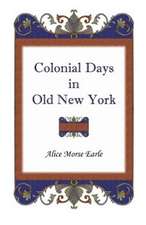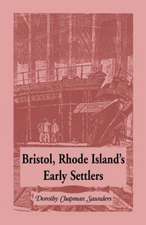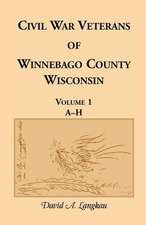Men and Women by Robert Browning - Transcendentalism: A Poem in Twelve Books - Special Edition
Autor Robert Browning Editat de Shawn Connersen Limba Engleză Paperback – 31 aug 2009
Preț: 84.93 lei
Nou
Puncte Express: 127
Preț estimativ în valută:
16.25€ • 17.01$ • 13.45£
16.25€ • 17.01$ • 13.45£
Carte disponibilă
Livrare economică 15-29 martie
Preluare comenzi: 021 569.72.76
Specificații
ISBN-13: 9781934255216
ISBN-10: 1934255211
Pagini: 156
Dimensiuni: 140 x 216 x 9 mm
Greutate: 0.2 kg
Ediția:09000
Editura: El Paso Norte Press
ISBN-10: 1934255211
Pagini: 156
Dimensiuni: 140 x 216 x 9 mm
Greutate: 0.2 kg
Ediția:09000
Editura: El Paso Norte Press
Notă biografică
Robert Browning was born on May 7, 1812, in Camberwell, London), the first-born of Robert and Sarah Browning. His mother was a Non-Conformist and an accomplished pianist. Mr. Browning senior had forgone a fortune after objecting to the slavery on the family's plantation in the West Indies. He became instead a clerk in the Bank of England. Despite his modest salary he was able to marry, raise a family, and to acquire a library of some 6,000 books.Most of the poet's education came at home. He was an extremely bright child and an omnivorous reader and learned Latin, Greek, French and Italian before his mid-teens. He attended the University of London in 1828, the year it first opened (now University College London), but left after a year to continue his further education at his own pace.In the 1830s he met the actor William Macready and wrote several verse dramas, without much in the way of success. At the same time he was developing his verse syle with an emphasis on dramatic situations and character analysis. His first publication, 'Pauline', printed anonymously and with a subvention from his father, failed to find a single buyer. His next, 'Paracelsus', failed also to find many readers amongst the wider public, but did create a name for him amongst the literati. His third volume, 'Sordello' (1840) came close to ruining his reputation for good, as almost no-one understood what he was trying to do. Subsequent to this failure he further developed the dramatic monologue as his favoured form, with the narrator invariably not being the author himself, and presenting a slippery notion of reality and truth.In the mid-1840s, after having read and admired the work of Elizabeth Barrett (1806-1861), he arranged to meet her. She was a semi-invalid and lived under the thumb of a domineering father, who forbade any of his children to marry. Despite this, the two fell in love, and eloped, living in Italy-mostly in Florence-until Elizabeth's death. While they were together, Elisabeth was much the better-known poet, but Robert began to develop his own public from the mid-1850s onwards and became lionised after his return to London, following the death of his wife. His ascent into the living pantheon was achieved with the monumental verse-novel 'The Ring and the Book' (1868-9), and his reputation continued to remain high until his death, despite some of his later books not finding favour-Browning continued to push the boundaries of taste, and could upset the genteel Victorian reading public with works such as 'Red Cotton Night-Cap Country' (a dismal title for what is in fact another interesting verse novel). His last book, Asolando, appeared on the day he died and went through fourteen editions-a contrast to 'Sordello', which only sold some 150 copies in its first 15 years.Browning is buried in Poet's Corner at Westminster Abbey.
